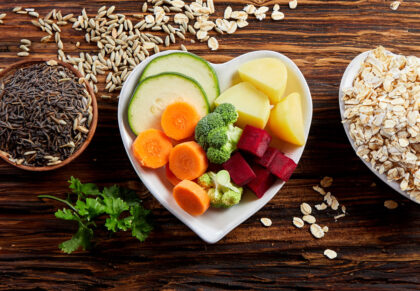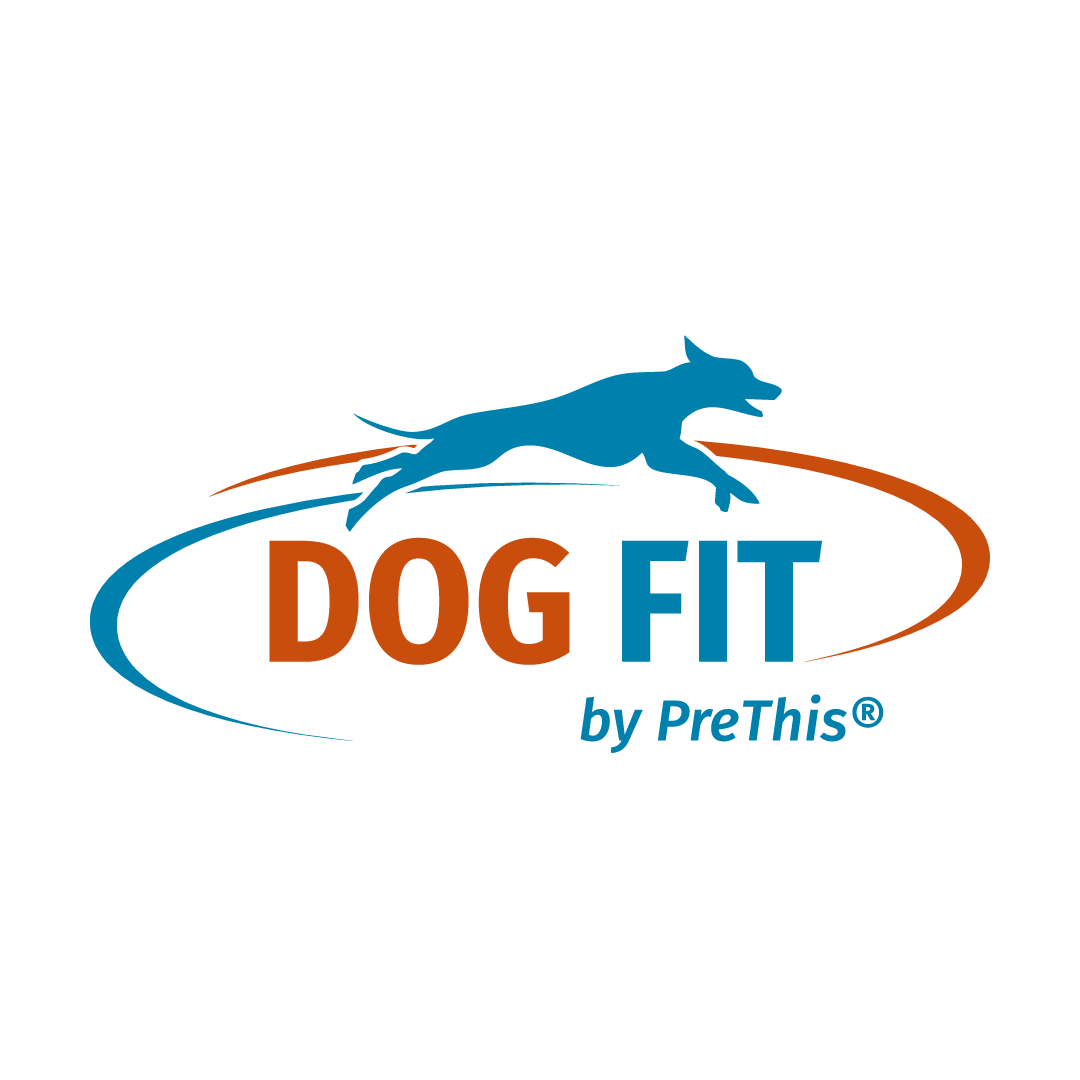
A healthy life for our four-legged friends means not only regular exercise and love, but also a balanced diet. In addition to high-quality meat and important nutrients, different types of fruit and vegetables also play an important role in a dog’s diet. In this article, we present five types of fruit and vegetables that are not only delicious, but also rich in vitamins, minerals and fibre.
Pears: vitamin bombs for dogs
Pears are an excellent source of vitamins and also contain important minerals such as potassium. They are also rich in fibre, which can aid your dog’s digestion. They are also a good source of energy. However, make sure to feed pears in moderation and remove the seeds, as these can be harmful to dogs.
Apples: crunchy and healthy
Apples are not only a crunchy snack for in between meals, but also a healthy one. They contain vitamins such as vitamin A and C as well as fibre and are low in protein and fat, making them an ideal snack for overweight dogs. Again, the seeds should be removed as they can contain cyanide.
Parsnips: The root for well-being
Parsnips are an often underestimated vegetable, but they offer many health benefits for dogs. They are rich in fibre and contain important vitamins such as folic acid as well as minerals such as potassium and magnesium. Parsnips can be fed raw or cooked and support your dog’s digestion and heart health.
Mandarins: vitamins for a strong immune system
Mandarins are not only delicious, but also an excellent source of vitamins that can strengthen your dog’s immune system. They also contain antioxidants and are low in calories. It is important to feed mandarins in small quantities, as they contain fruit acids that are not ideal in larger quantities.
Beetroot: a colourful source of nutrients
Beetroot is a true superfood that is rich in vitamins (A, B and C), minerals (such as potassium, magnesium and iron) and antioxidants. It promotes blood health and can improve coat and skin health when fed regularly. However, due to the high oxalate content, beetroot should only be fed in moderation.
Cucumbers: refreshing snack with few calories
Cucumbers are an ideal snack for dogs, especially on hot days. They consist mainly of water, which makes them a great way to increase your dog’s fluid intake. They also contain important nutrients such as vitamin K and C and are very low in calories. Cucumbers can help manage your dog’s weight while promoting hydration.
Broccoli: Powerful in vitamins and minerals
Broccoli is a powerhouse of nutrients and offers a variety of health benefits. It is rich in vitamins (A and K), minerals such as calcium and iron and fibre. Broccoli supports the immune system and can help prevent cancer. However, broccoli should only be fed in small quantities as it contains isothiocyanates, which can lead to gastrointestinal problems if consumed in excess. When cooked, it is easier to digest and safer for dogs.
Carrots: Versatile source of vitamins
Carrots are an excellent snack for dogs, rich in beta-carotene, which is converted into vitamin A in the body. They not only support eye health, but also contribute to a healthy coat and strong skin. Carrots are also good for oral health, as chewing on carrots can massage the gums. Whether raw or cooked, carrots are a healthy and tasty addition to a dog’s diet.
Many types of fruit and vegetables are a valuable addition to the diet of dogs, only around 70% of which are carnivores, and they contribute to their health and well-being. However, it is important to consider individual tolerance and the right amount.

The content of the articles is for general information purposes only and does not replace diagnosis or treatment by a veterinarian. Reviews or testimonials are individual reports from verified customers. This information does not constitute medical advice and should not be understood as such.
Our daily inspiration comes from the special moments with our dogs. Here we share this enthusiasm and invite you to become part of the DOG FIT community on our social media channels.


Leave a Reply